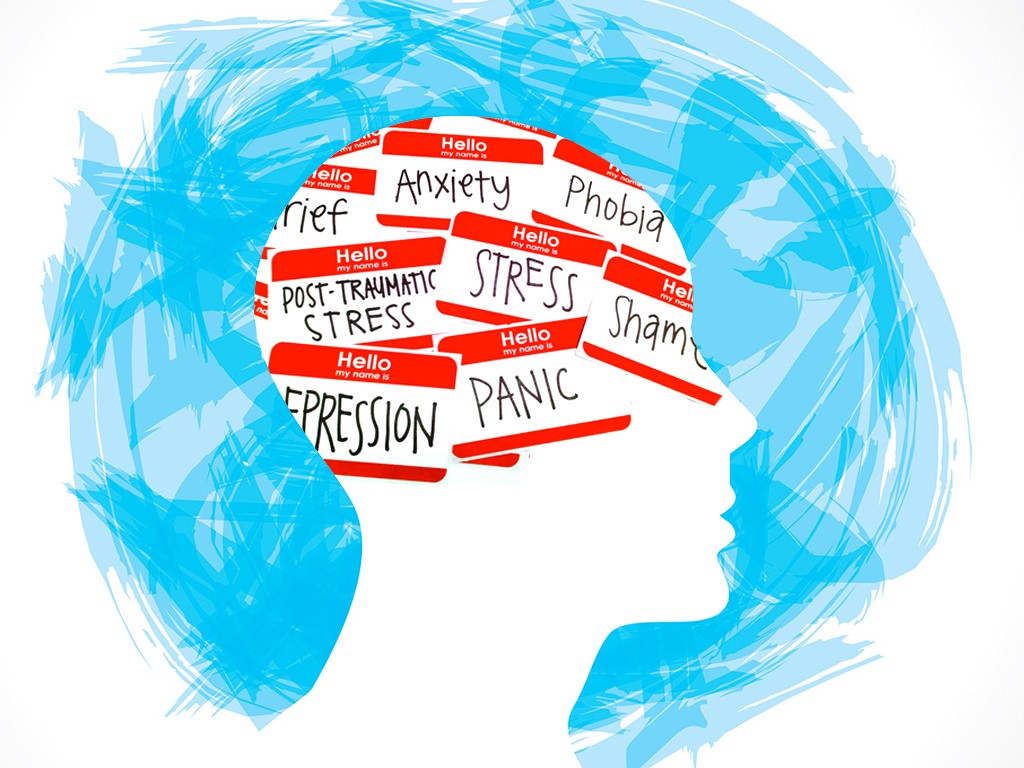In today’s fast-paced world, where the demands of work and personal life often encroach upon our downtime, the importance of a good night’s sleep is frequently overlooked. However, the relationship between sleep and mental health is profound and critical. Quality sleep is not just a matter of physical rest; it is intrinsically linked to our mental well-being and cognitive function. Understanding this relationship can be key to maintaining both mental health and overall quality of life.
The Science of Sleep
Sleep is a complex biological process, involving various stages that cycle throughout the night. These stages include light sleep, deep sleep, and REM (rapid eye movement) sleep. Each stage serves a specific purpose, contributing to physical restoration, memory consolidation, and emotional regulation. During REM sleep, the brain is highly active, which helps process and organize emotions, memories, and information.
When sleep is disrupted or insufficient, these processes are compromised. The brain’s ability to handle stress, process emotions, and maintain cognitive function becomes impaired. This can lead to a range of mental health issues, including anxiety, depression, and cognitive decline.
Sleep Deprivation and Mental Health
Chronic sleep deprivation has been linked to several mental health conditions. Research indicates that insufficient sleep can contribute to the development or exacerbation of anxiety disorders. Individuals who are sleep-deprived often experience heightened stress responses and increased levels of worry, which can trigger or worsen anxiety symptoms.
Similarly, the relationship between sleep and depression is well-documented. Poor sleep quality or insomnia is both a symptom and a risk factor for depression. Sleep disturbances can lead to mood swings, irritability, and a decreased ability to cope with stress, all of which can exacerbate depressive symptoms. Moreover, individuals with depression often experience altered sleep affect mental health, such as difficulty falling asleep or staying asleep, which can create a vicious cycle of worsening mental health.
The Impact of Sleep on Cognitive Function
Cognitive functions such as memory, attention, and problem-solving are significantly impacted by sleep quality. Sleep is essential for memory consolidation, where short-term memories are converted into long-term storage. Inadequate sleep impairs this process, leading to difficulties with learning and memory retention.
Attention and concentration also suffer when sleep is compromised. Lack of sleep affects the brain’s ability to focus and process information efficiently, which can lead to decreased productivity and an increased likelihood of making errors. This can have cascading effects on both personal and professional life, further impacting mental health by increasing stress and frustration.
Strategies for Improving Sleep and Mental Health
Given the profound impact of sleep on mental health, adopting strategies to improve sleep quality is crucial. Here are several evidence-based approaches to enhance sleep and, by extension, mental well-being:
Establish a Consistent Sleep Routine:
Going to bed and waking up at the same time every day helps regulate the body’s internal clock. Consistency in sleep patterns reinforces the body’s natural sleep-wake cycle, leading to more restful sleep.
Create a Relaxing Bedtime Routine:
Engaging in calming activities before bed, such as reading, meditating, or taking a warm bath, can signal to the body that it’s time to wind down. Avoiding screens and bright lights at least an hour before bedtime helps prevent disruptions in the production of melatonin, a hormone that regulates sleep.
Optimize Sleep Environment:
A comfortable and conducive sleep environment can significantly impact sleep quality. Ensure that the bedroom is cool, dark, and quiet. Investing in a comfortable mattress and pillows can also make a difference.
Manage Stress and Anxiety:
Techniques such as mindfulness, cognitive behavioral therapy (CBT), and relaxation exercises can help manage stress and anxiety. Addressing these underlying issues can improve sleep quality and overall mental health.
Limit Stimulants and Alcohol:
Consuming caffeine or nicotine close to bedtime can interfere with sleep. Similarly, while alcohol may initially make you drowsy, it can disrupt sleep later in the night. Limiting these substances can contribute to better sleep quality.
The Interplay Between Sleep and Mental Health
The relationship between sleep and mental health is a two-way street. Poor sleep can exacerbate mental health issues, while addressing mental health concerns can improve sleep quality. For instance, effective management of anxiety or depression through therapy or medication can lead to better sleep patterns. Conversely, improving sleep can enhance emotional regulation and cognitive function, contributing to better mental health.
In summary,
The link between sleep and mental health is undeniable. Prioritizing good sleep hygiene and addressing sleep-related issues can have a profound impact on mental well-being. By understanding and acting on the connection between rest and sanity, individuals can take proactive steps toward a healthier, more balanced life. As we navigate the complexities of modern living, recognizing the crucial role of sleep in maintaining mental health is an essential aspect of self-care and overall wellness.



